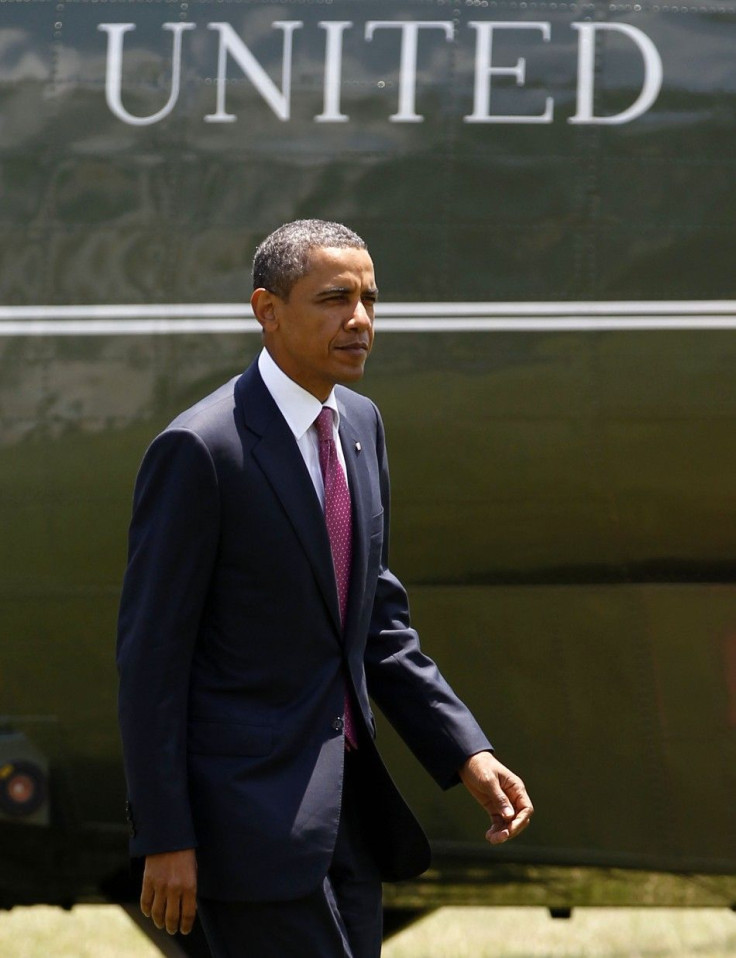As Debt Talks Begin, Each Side Digs In

As President Obama waded into talks aimed at striking a compromise on raising the debt ceiling, Democrats and Republicans dug in on their increasingly acrimonious standoff over how taxes will factor into a deal.
Republicans are demanding deficit reductions in the area of $2 trillion in order to offset the debt ceiling rising by roughly the same amount, but Democrats are refusing to sign on to a deal that does not include fresh streams of revenue. A push by Democrats to eliminate tax breaks for the oil industry and for affluent individuals is, in Republican parlance, simply another tax hike.
The last thing you want to do to an ailing economy is to saddle it with more taxes, conservative Sen. Jon Kyl, R-Ari.z, said. Getting economic recovery is more important than some ideological attachment to raising taxes.
Top Democrats and Obama officials have also stepped up their rhetoric, firing back that Republicans are favoring the very rich in their resistance to eliminating loopholes in the tax code or scaling back tax breaks for wealthy individuals and companies.
This is about subsidies for oil and gas companies, $40 billion, said White House Spokesman Jay Carney. A loophole that allows for the owners of private corporate jets to benefit enormously, in the billions. Carney continued: Do we perpetuate a system that allows for subsidies in revenues for oil and gas, for example, or owners of corporate private jets, and then call for cuts in things like food safety or weather services?
Senate Majority leader Harry Reid, D-Nev., also invoked tax breaks for companies and for people who own private jets, charging that Republicans must do the right thing to protect the middle class instead of millionaires and billionaires.
© Copyright IBTimes 2024. All rights reserved.











